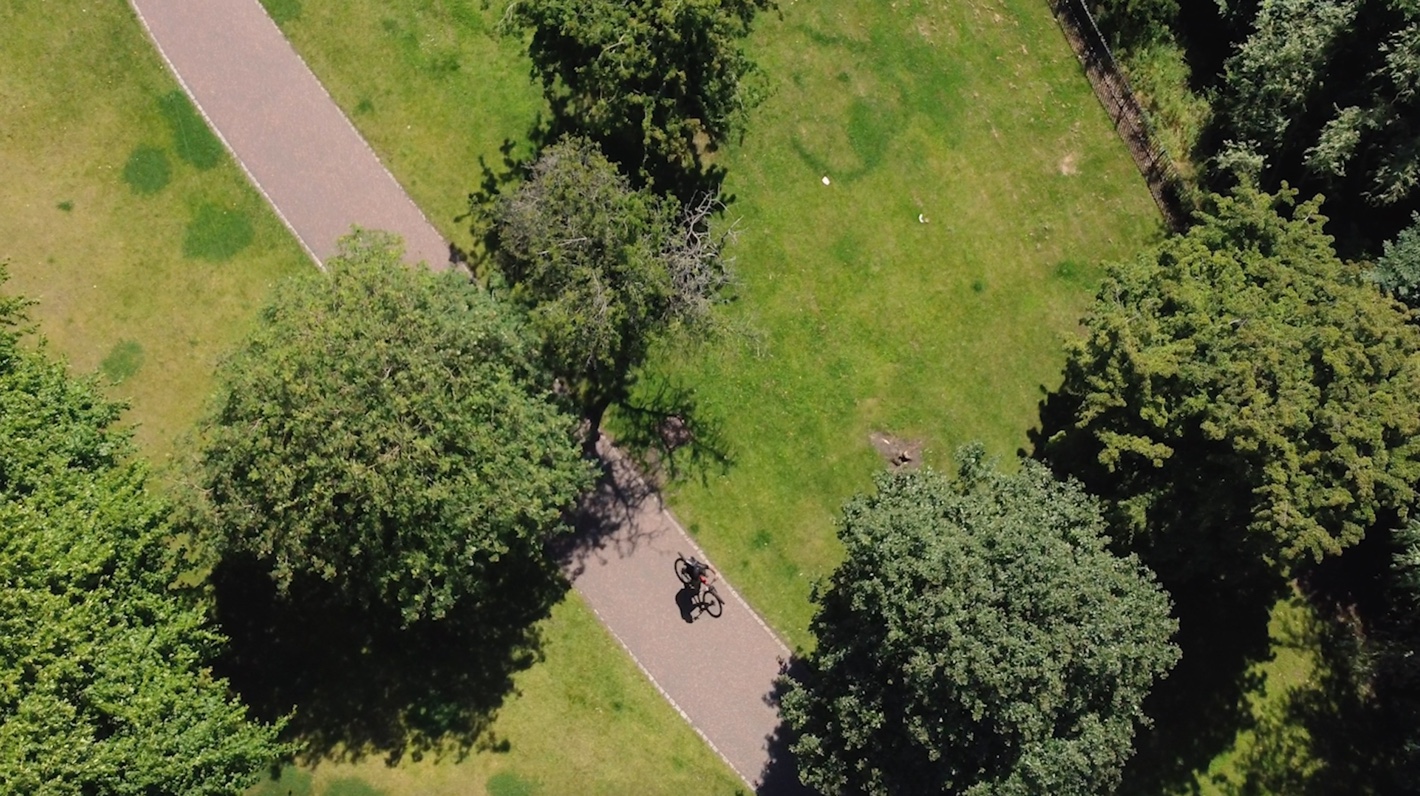
Carbon trading ‘the next ‘sub-prime’ – new research
Plans to expand carbon markets at UN climate talks this December could trigger a second ‘sub-prime’ style financial collapse and fail to protect the world from global warming catastrophe, a new report from Friends of the Earth warns today (Thursday 5 November 2009).
‘A Dangerous Obsession’ [1] focuses on the buying and selling of a new artificial commodity – the right to emit carbon dioxide – which the UK and other developed country governments want to see expanded into a massive worldwide market and are pushing in the negotiations running up to the big Copenhagen climate talks in December.
The trade in carbon permits and credits, mainly based in Europe, was worth $126 billion in 2008 and is predicted to balloon to $3.1 trillion by 2020 if a global carbon market takes off. [2]
But the majority of the trade is carried out not between polluting industries and factories covered by carbon trading schemes, but by banks and investors who profit from speculation on the carbon markets – packaging carbon credits into increasingly complex financial products similar to the ‘shadow finance’ around sub-prime mortgages which triggered the recent economic crash.
Iain Thom, the Carbon Accountability Programme [3], said: “When you buy a carbon credit on the open market there is almost no way of knowing if any carbon has been reduced as a result. Accountability and traceability is key to public confidence any environmental claims, and the current carbon market lacks both.”
This risks the development of sub-prime carbon and the possibility of an eventual collapse in confidence in the market, with catastrophic consequences for the global economy and also for our prospects of avoiding runaway climate change.
Friends of the Earth’s report warns that the UK Government’s obsession with carbon trading as a solution to climate change is high risk, irresponsible and dangerous.
Existing carbon trading schemes are not delivering the emissions cuts promised, and relying on this mechanism to reduce emissions globally is gambling with the health of the planet and the future of billions of people.
Carbon trading is also being used as a smokescreen by rich countries to avoid their legal and moral commitment to provide money and technology to developing countries to grow cleanly and adapt to climate change.
The green campaign group is calling on the UK Government to use simple, direct and proven policy tools like regulation, a carbon tax, and major public investment in greening the economy to reduce our emissions by at least 40 per cent by 2020, without offsetting.
Friends of the Earth’s international climate campaigner and author of the report Sarah Jayne-Clifton said: “Pushing a world carbon market as part of a global agreement to tackle climate change risks a double whammy of financial and environmental disaster.
“Carbon trading is failing dismally at reducing emissions, yet allows speculators to grow rich from the climate crisis and hands politicians and industry a get-out clause for polluting business as usual.
“Science tells us rich countries must act first and fast to cut their emissions at home if we are to avert climate catastrophe – and support poorer countries with adequate public money to grow cleanly and adapt to the effects of climate change which they are already feeling.
“The credit crunch has taught us that Governments, not markets are best placed to safeguard our future – at this critical point in the fight against climate change Ministers must step in and lead the way with a new, direct approach to tackling carbon emissions to create a safe and green future for us all.”
ENDS
For media enquiries please contact:
Per Fischer, Press Office, Friends of the Earth Scotland
T: 0131 243 2719
Notes to Editors:
1. A copy of the full report, ‘A Dangerous Obsession’, is available at: www.foe.co.uk/resource/reports/dangerous_obsession.pdf
2. The EU’s proposed climate finance package – discussed by European Heads of State at the Council of Europe meeting on 30 October 2009 – envisages up to 80% of global finance for mitigation and adaptation coming from the carbon market.
3. The Carbon Accountability Programme supports transparency and accountability for all types of environmental claims. carbonconfidence.org
4. Friends of the Earth Scotland exists to help people in Scotland look after the planet for everyone’s future. We think globally and act locally in Scotland, delivering solutions to climate change by enabling and empowering people to take both individual and collective action. We offer help to people with the big things in life – helping to sustain a healthy society and environment. We believe that all of our children’s futures will be better because of what we do. www.foe-scotland.org.uk
